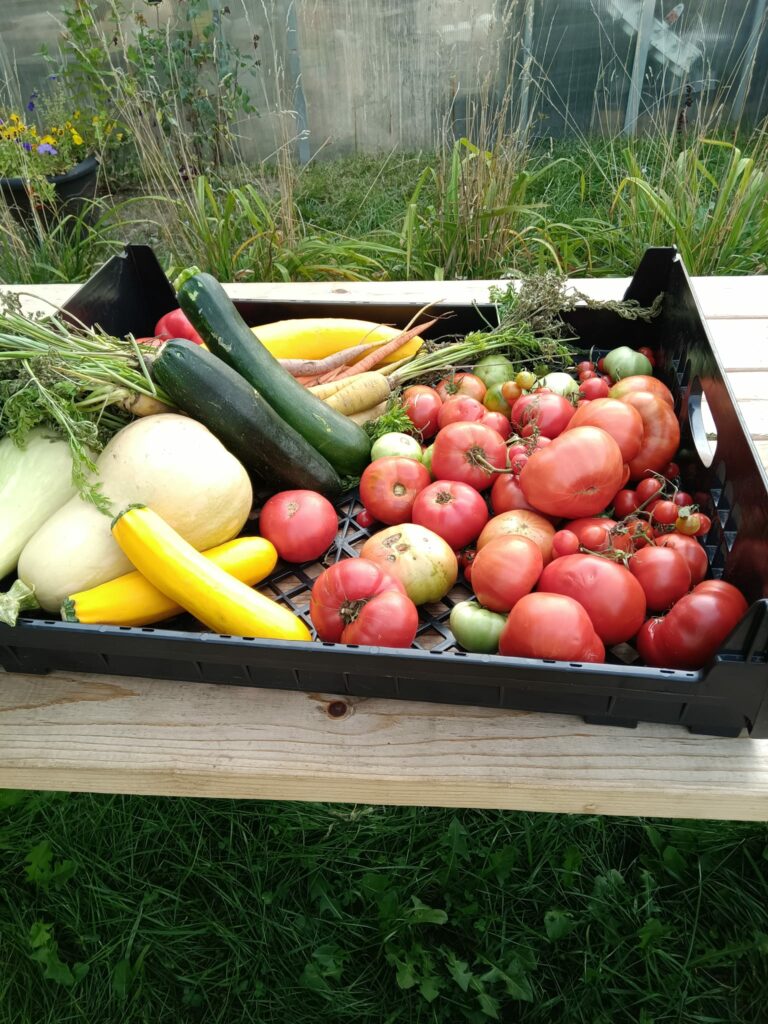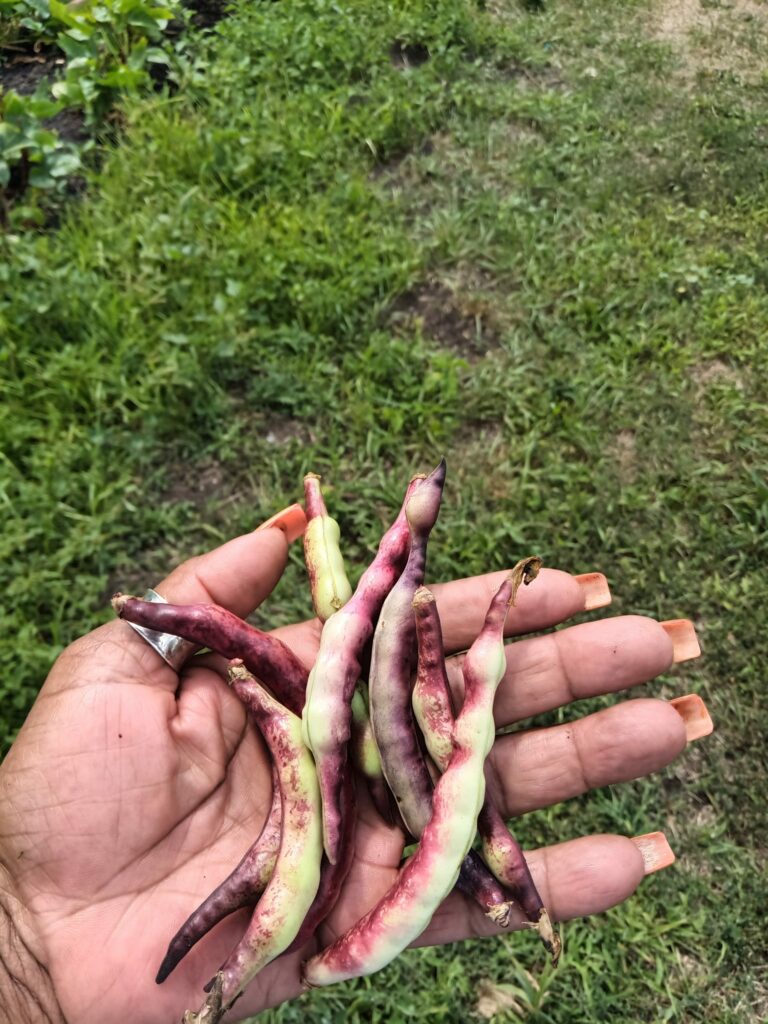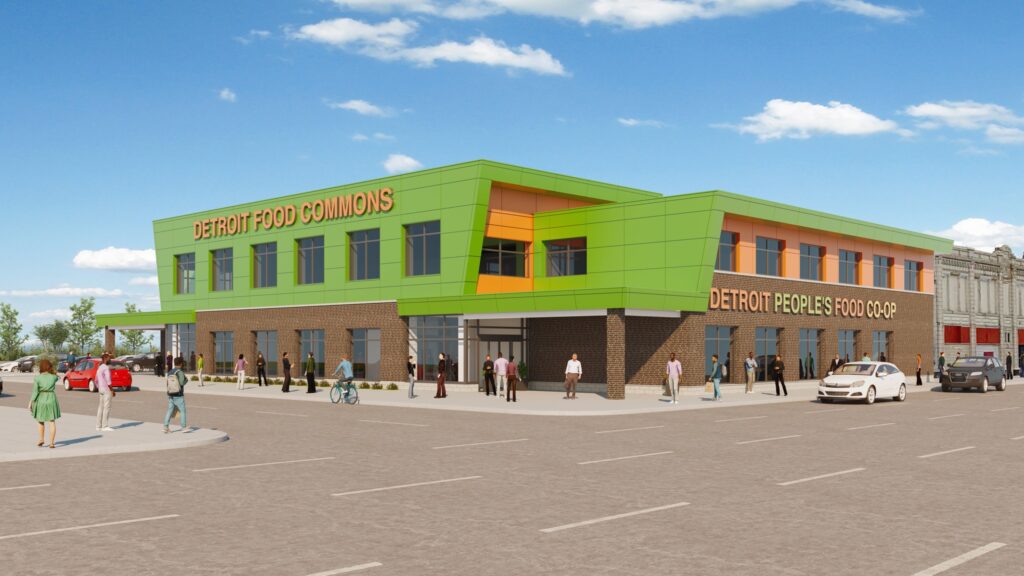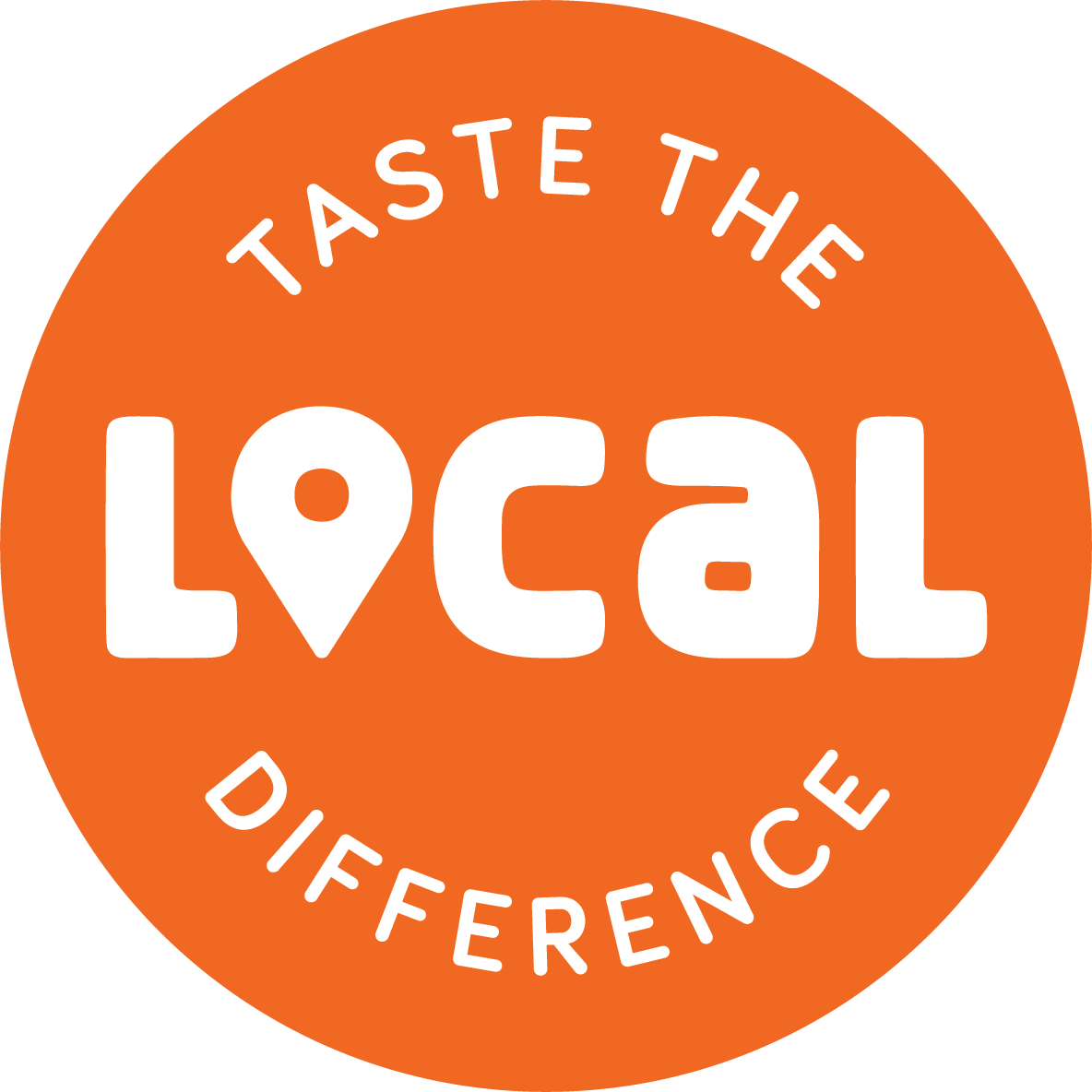When the US established Juneteenth as a national holiday, I was confronted by mixed feelings brought on by a troubling trend: celebrating narratives that are, at best, misleading. The Texans of 1865 knew about the Emancipation Proclamation; the delayed freedom wasn’t due to ignorance, but systemic oppression, a reality mirrored in today’s food policies affecting access, healthcare, and economic equality.
Food, a critical aspect of our identity, history, and culture, is a potent vehicle for resistance. Historically, marginalized communities used food cultivation as a form of independence. As a chef, I see my kitchen as more than a space for cooking—it’s a stage for engagement, empowerment, and education. I’m proud to have dedicated my career to other acts of resistance, such as training returning citizens in the culinary arts and supporting community nutrition education, acts of resistance in themselves against a system that often overlooks those trying to rebuild their lives and access healthy food.


Detroit is a beacon in food justice and self-sufficiency, with urban farming initiatives revitalizing communities and resisting the exclusionary practices of our food system. As a chef, I am privileged to contribute to this effort, using food to foster resilience and fuel a spirit of resistance.
Narratives wield immense power, shaping our society and norms. When these narratives are distorted, they perpetuate inequalities and misunderstandings. Challenging these dominant historical accounts is crucial to progress. Through my culinary work, I foster dialogue about the truths of our history, including Juneteenth, aiming to educate about the fight for equality and justice that followed emancipation.

Supporting local food systems is a dynamic form of resistance against the greed-driven food industry. It not only bolsters the local economy and environment but also reclaims control over our food sources. Detroit, with initiatives like the Oakland Avenue Urban Farm, is at the forefront of this movement, turning idle land into productive spaces. The soon-to-open Detroit People’s Food Co-op, also in the Northend, is another example of the work that is being done. Nearly 2000 current members will truly control their nutritional and financial futures.
Together we are better. Together, we can challenge and reshape oppressive systems, fostering a society that honors truth, champions equality, and embraces diversity. The reinterpretation of Juneteenth isn’t just an exercise in historical accuracy—it’s a vital step in understanding and addressing modern food justice issues. The systemic racial inequality that persisted after emancipation echoes the disparities of our current food systems.
As we look ahead, let’s embrace this spirit of critical inquiry, truth-seeking, and community empowerment. From our kitchens to our community gardens, every space can be a platform for resistance and change. As a chef, mentor, and food justice advocate, I’m honored to be part of this journey. Together, let’s continue to reshape our food systems—and our world—through every meal we prepare, every narrative we challenge, and every conversation we spark.
Let’s cook up change.
Chef Phil Jones is with We.Harvest in Detroit.
